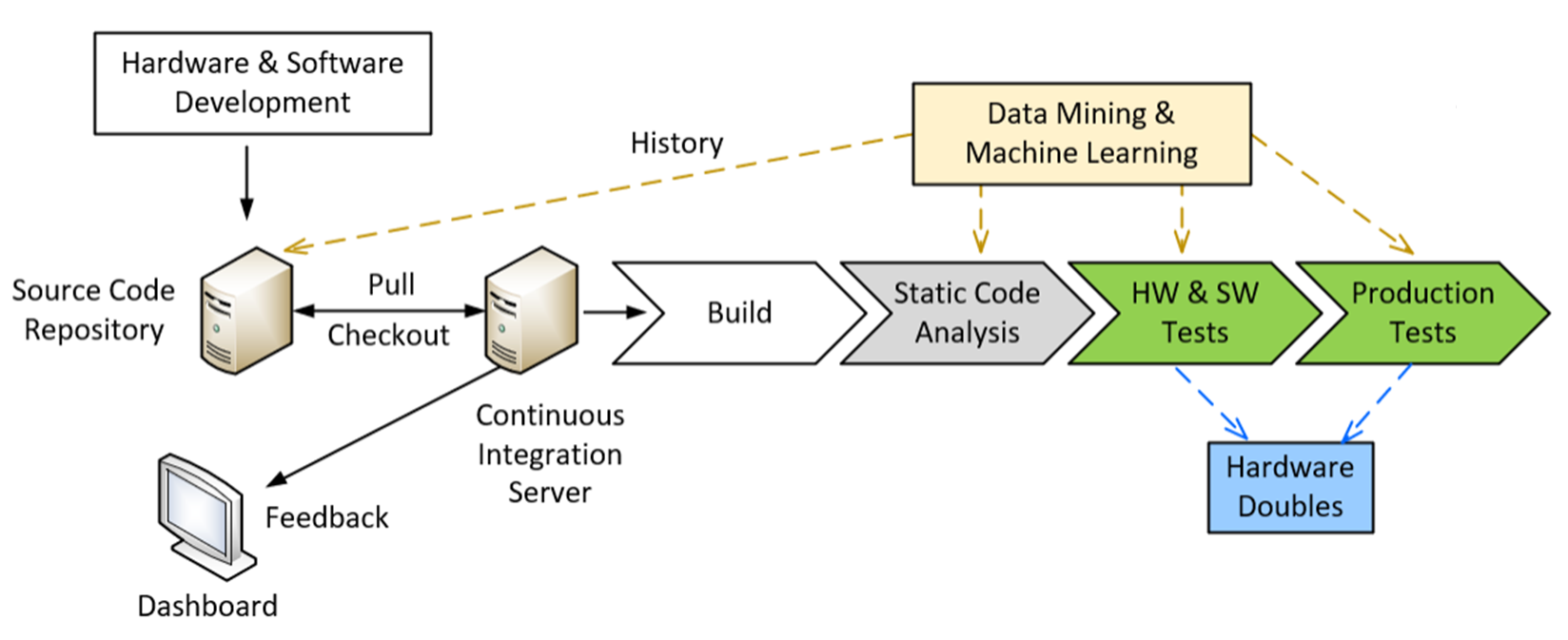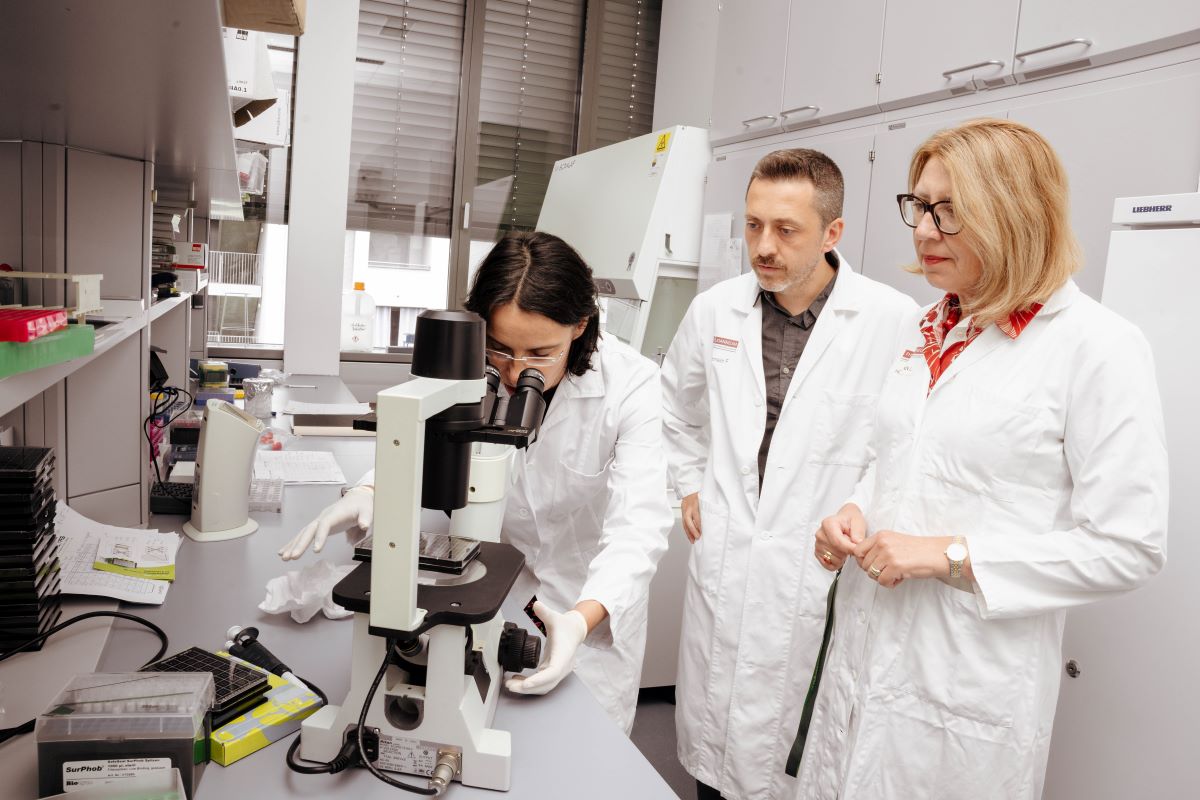Mathematical modeling, data analysis and machine learning are integral parts of research and technology development. They are powerful tools for understanding complex systems, making predictions and making informed decisions.
In modeling, we use mathematical language to describe real-world phenomena. These models can encompass physical, biological, economic or technical systems and allow us to simulate and analyze the behavior of these systems. With their help, we can gain deeper insights into the functioning and underlying mechanisms of systems.
If we have large amounts of data, we can use statistical methods and pattern recognition algorithms to identify relevant features, analyze structures and test hypotheses. Data analysis can also be carried out using machine learning. Machine learning is a branch of artificial intelligence that uses algorithms and statistical models to enable computer systems to learn from data and make decisions. By training models with historical data, we can make predictions, perform classifications and automate tasks. Perhaps the most prominent example at the moment is chatGPT from OpenAI, which has been a regular source of amazement since 2023.
Project ENDLESS: Enabling Dependable Embedded Systems
One example of the use of mathematical modeling, data analysis and machine learning at the Institute of Electronic Engineering at FH JOANNEUM is the FFG Coin start-up project ENDLESS. This project is dedicated to the development of reliable embedded systems. Embedded systems are specialized computer systems that are integrated into larger electronic systems and play a key role in virtually all electronic devices. The reliability of these systems is of critical importance. The impact of failures ranges from annoying, for example when the new smartphone goes on strike, to fatal, for example when the system fails during autonomous driving or operations.
ENDLESS aims to increase automation in the development of embedded systems in order to improve their reliability and thus also increase the sustainability of electronic devices. The project focuses on the optimal interaction of software and hardware, security analyses and electromagnetic compatibility (EMC) analyses.












